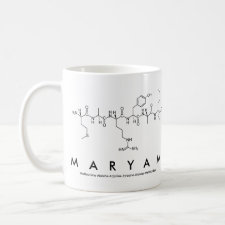
Authors: Arabi M, Ghaedi M, Ostovan A
Article Title: Development of dummy molecularly imprinted based on functionalized silica nanoparticles for determination of acrylamide in processed food by matrix solid phase dispersion.
Publication date: 2016
Journal: Food Chemistry
Volume: 210
Page numbers: 78-84.
DOI: 10.1016/j.foodchem.2016.04.080
Alternative URL: http://www.sciencedirect.com/science/article/pii/S0308814616306070
Abstract: A novel technique was applied for the synthesis of dummy molecularly imprinted silica nanoparticles (DMISNPs). DMISNPs were characterized by Fourier transmission infrared spectrometry, scanning electron microscopy and transmission electron microscope. The material was used as dispersant for the analysis of biscuit and bread samples using matrix solid phase dispersion (MSPD). Of advantages of such approach may be counted as the simplicity of synthesis procedure, low consumption of organic solvent, mild working temperature during the synthesis, high binding capacity and affinity. The effect of various parameters such as sample-to-dispersant ratio and eluents volume on extraction recovery was investigated and optimized by central composite design under response surface methodology. It was proven that the proposed dispersant leads to high affinity toward acrylamide even in complicated matrices. Quantification of the acrylamide was carried out by high performance liquid chromatography with UV detection (HPLC-UV)
Template and target information: propanamide, dummy template, acrylamide
Author keywords: molecularly imprinted, dummy template, silica nanoparticles, Matrix solid phase dispersion, acrylamide



Join the Society for Molecular Imprinting

New items RSS feed
Sign-up for e-mail updates:
Choose between receiving an occasional newsletter or more frequent e-mail alerts.
Click here to go to the sign-up page.
Is your name elemental or peptidic? Enter your name and find out by clicking either of the buttons below!
Other products you may like:
 MIPdatabase
MIPdatabase









